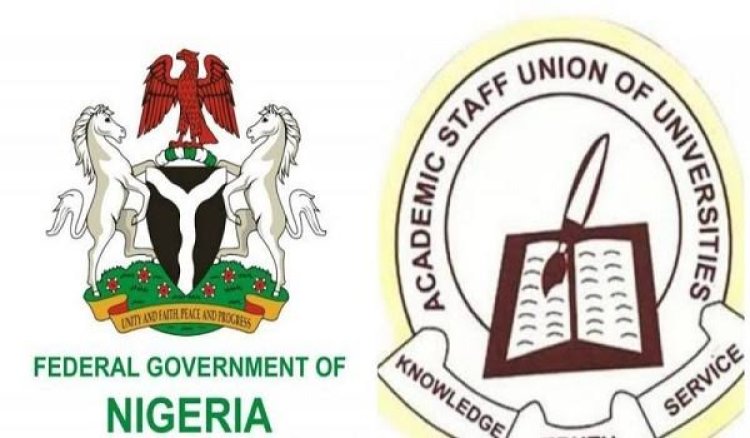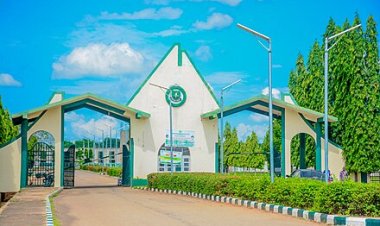The Federal Government, through the Federal Ministry of Education, has established a sub-committee to review the ongoing demands of the Academic Staff Union of Universities (ASUU). This decision was reached during a closed-door meeting held on Wednesday at the Ministry of Education in Abuja.
The meeting, which lasted for two and a half hours, was attended by key stakeholders including the Minister of Education, Tahir Mamman, ASUU President, Prof. Emmanuel Osodeke, and other top officials from the ministry. Both parties agreed to reconvene on September 6, 2024, to assess the progress made on resolving the issues.
In a press briefing following the meeting, Minister Mamman announced the formation of the sub-committee tasked with thoroughly reviewing ASUU's demands and resolving any outstanding issues. He emphasized the government's commitment to addressing the union’s concerns in a manner that would benefit the entire education system.
Prof. Emmanuel Osodeke, ASUU President, expressed optimism that the issues would be resolved before the scheduled September 6 meeting. He highlighted the union's commitment to the welfare of Nigerian students, stating, "We have met to discuss all the issues and review them. We have given the government between now and the next meeting to see what they have to do. We believe in the interest of the Nigerian child, and we will be protecting their interest if the issues are resolved amicably."
ASUU's demands focus on a comprehensive overhaul of Nigeria's university system, including calls for improved infrastructure, enhanced academic freedom, and a more sustainable funding model. Additionally, the union is pressing for the release of revitalization funds for universities, the renegotiation of the 2009 FGN/ASUU agreement, and the disbursement of earned allowances for university lecturers.
The outcome of the upcoming meeting will be crucial in determining the future of Nigeria's higher education system, as both the government and ASUU work towards an amicable resolution.


 Lois Udoye
Lois Udoye 


